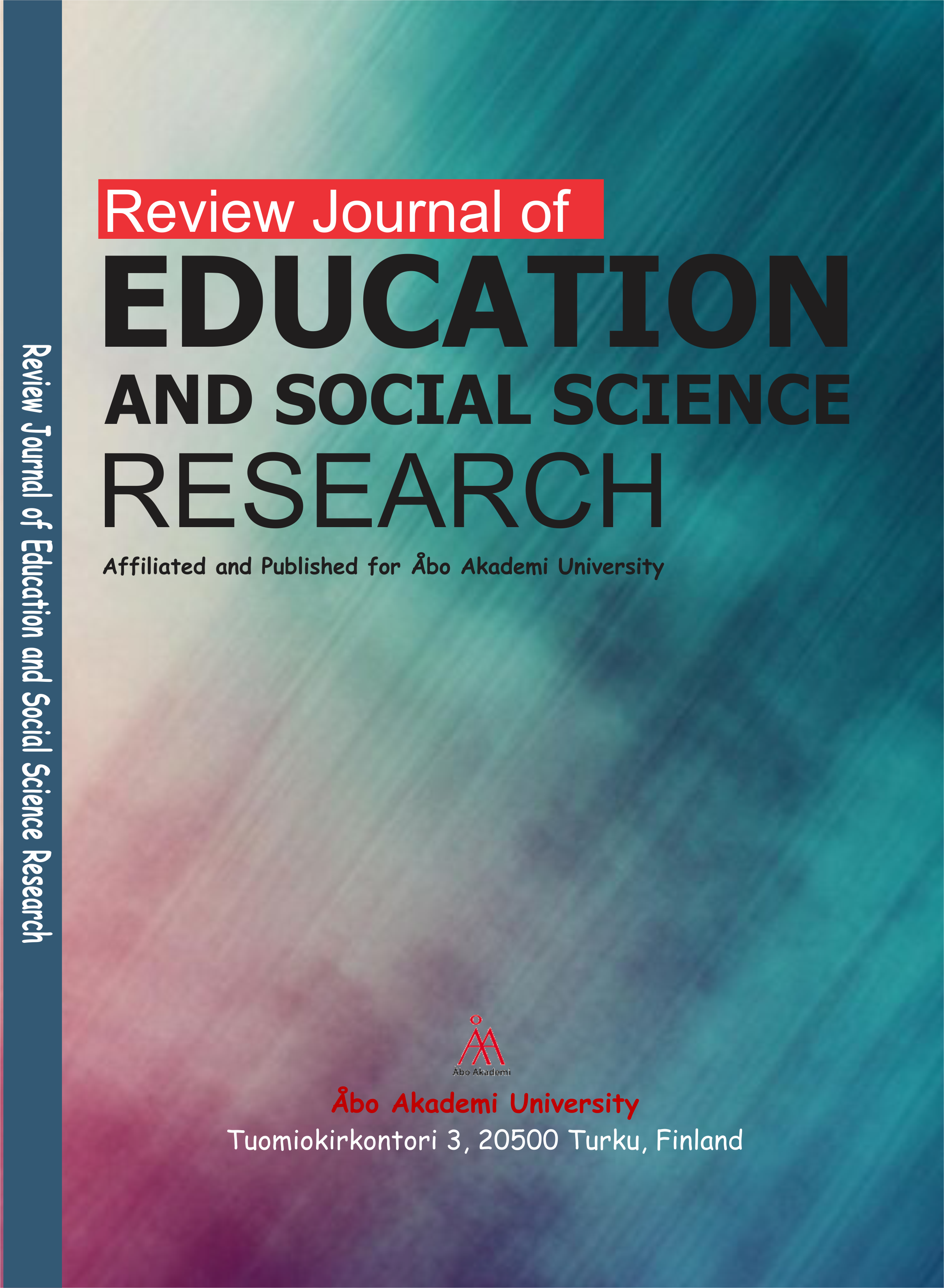Review Journal of Education and Social Science Research (RJESSR)
Exploring the Knowledge, Attitudes and Perception of Women on the Psychosocial Impact of Family Planning on Maternal and Child Health, in Babcock University Teaching Hospital
E-ISSN: 2437-3594
P-ISSN: 2447-6546
DOI: https://iigdpublishers.com/article/741
Family planning significantly influences maternal and child health by empowering women to make informed reproductive decisions. However, despite the availability of various contraceptive methods, utilization remains suboptimal in Nigeria due to cultural, social, and informational barriers. This study examines the knowledge, attitudes, and perceptions of women regarding the psychosocial impact of family planning on maternal and child health at Babcock University Teaching Hospital (BUTH). Methodology: Data were collected through interview guides for qualitative research analysis while structured questionnaires administered to female respondents at BUTH for quantitative one. The reliability of the research instrument was assessed using Cronbach’s alpha (α), yielding a coefficient of α = 0.78, indicating good internal consistency. Data were analyzed using SPSS version 23.0. Summary of Research Analysis: The findings revealed that while 87% of respondents were aware of family planning methods, only 42% actively utilized them. Psychosocial factors such as cultural norms (M = 4.21), misinformation (M = 3.84), and limited access to resources (M = 3.67) significantly influenced family planning usage. Negative attitudes toward contraceptive methods were also prevalent (M = 2.89), highlighting the need for targeted interventions. All statistical tests were conducted at a significance level of p < 0.05. Recommendation: The study underscores the importance of addressing misconceptions through health education campaigns, improving access to contraceptive services, and offering culturally sensitive counseling. These strategies aim to foster positive attitudes toward family planning and enhance maternal and child health outcomes.
Binuyo Biodun A., David Maya Kate, Adesanya Ocheze Happinesss & Ekerete Joy
Adedini SA, Babalola S, Ibeawuchi C, Omotoso O, Akiode A, Odeku M (2018). Role of religious leaders in promoting contraceptive use in Nigeria: evidence from the Nigerian Urban Reproductive Health Initiative. Glob Health Sci Pract. 2018;6(3):500-514. https://doi.org/10.9745/GHSP-D-18-00135
Adepoju, P. (2019). Nigeria launches ambitious family-planning campaign. The Lancet, 394(10206), 1216. https://doi.org/10.1016/S0140-6736(19)32211-0
Afe, A., Emmesowum, E., Omosehin, O., Alabi, O., Araoyinbo, I., Adah, T., Mueller, U., Goldson, E., Chijide, J., & Karungi, J. (2022). Impact of family planning logistic management models on uptake of contraceptives in selected states in Nigeria: A comparative retrospective analysis. World Journal of Advanced Research and Reviews, 13(2), 210-218. https://doi.org/10.30574/wjarr.2022.13.2.0101
Agbor Nathan Emeh, Ngouakam Hermann and Nsagha Dickson Shey. (2021)| Impact of family planning on maternal and infant mortality in Cameroon: Protocol for a clustered nonrandomised controlled trial. Vol. 13(2), pp. 118-128, April-June 2021 DOI: 10.5897/JPHE2020.1299 Article Number: E2B93C766817 ISSN 2141-2316
Ahinkorah, B. (2020). Predictors of unmet need for contraception among adolescent girls and young women in selected high-fertility countries in sub-Saharan Africa: A multilevel mixed effects analysis. PLoS ONE, 15, e0236352. https://doi.org/10.1371/journal.pone.0236352
